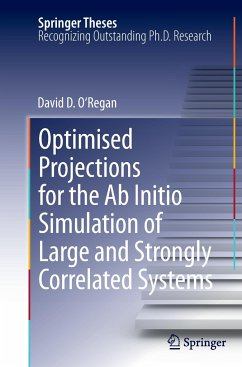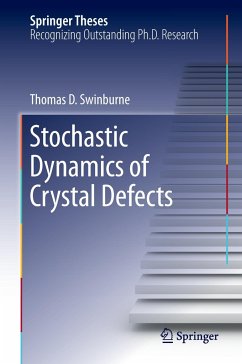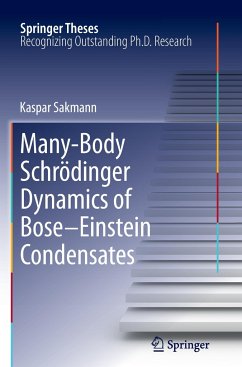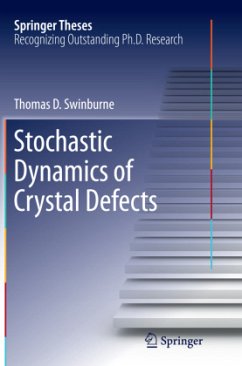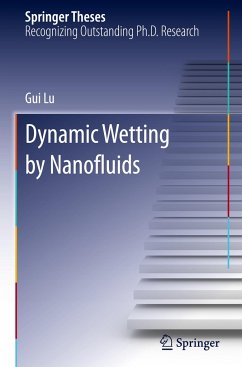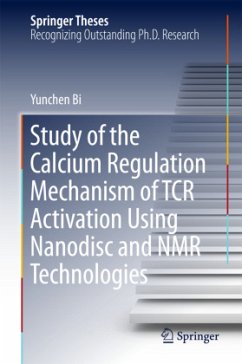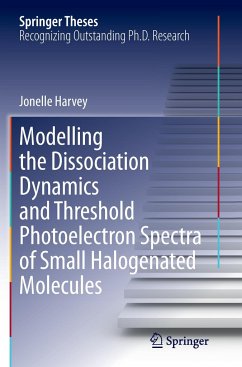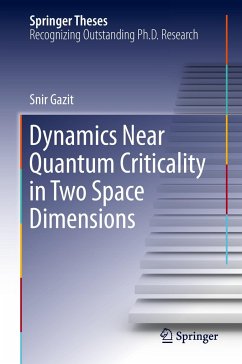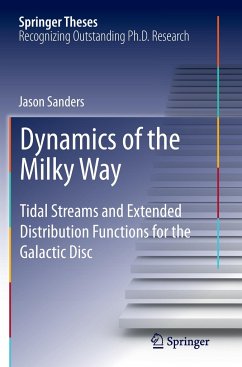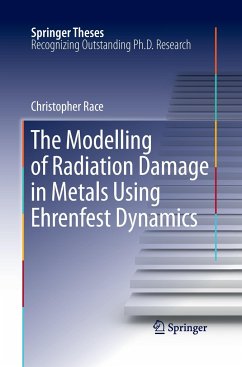
The Modelling of Radiation Damage in Metals Using Ehrenfest Dynamics
Versandkostenfrei!
Versandfertig in 6-10 Tagen
76,99 €
inkl. MwSt.
Weitere Ausgaben:

PAYBACK Punkte
38 °P sammeln!
Atomistic simulations of metals under irradiation are indispensable for understanding damage processes at time- and length-scales beyond the reach of experiment. Previously, such simulations have largely ignored the effect of electronic excitations on the atomic dynamics, even though energy exchange between atoms and electrons can have significant effects on the extent and nature of radiation damage. This thesis presents the results of time-dependent tight-binding simulations of radiation damage, in which the evolution of a coupled system of energetic classical ions and quantum mechanical elec...
Atomistic simulations of metals under irradiation are indispensable for understanding damage processes at time- and length-scales beyond the reach of experiment. Previously, such simulations have largely ignored the effect of electronic excitations on the atomic dynamics, even though energy exchange between atoms and electrons can have significant effects on the extent and nature of radiation damage. This thesis presents the results of time-dependent tight-binding simulations of radiation damage, in which the evolution of a coupled system of energetic classical ions and quantum mechanical electrons is correctly described. The effects of electronic excitations in collision cascades and ion channeling are explored and a new model is presented, which makes possible the accurate reproduction of non-adiabatic electronic forces in large-scale classical molecular dynamics simulations of metals.





